Some moments sear themselves into your brain. Not long before my birthday, my beloved cousin Dave died unexpectedly. My mind didn’t grasp the news at first, which is common in those who experience grief.
Wrapped in shock, I struggled to find footing. I didn’t want to celebrate my birthday. Acute grief caused me to want to withdraw. It didn’t feel real that he was gone, that one of my cousins had died. It just didn’t make sense.
A few days before he passed, Dave and I planned where to explore when he visited me in Maryland. We wanted to explore new places together and revisit old favorites. I was back on the East Coast, and we were going to take advantage of being closer to each other.
But he unexpectedly crossed over first.

Life Goes On Even While Coping With Loss
Grief is messy and complicated, but daily life goes on, even when I want it to halt so I can breathe and try to survive the pain and waves of grief. Despite the grief, my mom, brother, sis-in-law, and nephews gave me a beautiful birthday celebration.
The boys baked a cake for me, decorated it, and made me cards and gifts. The love and laughter lifted my heart. There can be joy amid pain and sadness.
Grief weighs down the limbs and numbs the brain. The smallest task—showering, eating—takes too much energy. Yet there is still so much to do. The physical symptoms can make it challenging to get anything done, even without the complications of emotional symptoms.
Though the world needs to stop, life inexorably marches on, and I struggle to move. It leaves me behind momentarily.
There are Moments When The Waves Seem Less Violent
Glimmers of hope and love anchor me.
I may be alone in a boat without a sail, paddle, supplies, or any sight of the shore. But I am still loved, and I will find the shore again.
All who have crossed, including my funny, warm, light-filled cousin, are holding us all in love. They have transitioned forms, but love never dies.
Grief is a strange journey. It’s different for each person and each loss. It’s solitary and communal. Mourning rituals bring people together for wakes, funerals, and memorials. Memories, love, tears, and laughter create a healing balm for wounded hearts.
Rituals can help us process loss and celebrate someone’s life. And they can leave us feeling the loss more acutely. After all, what happens when the gatherings end and the shock wears off? Grief returns, often more painfully without the distractions.
Everything is messy. Emotions are up and down. Numbness comes and goes. Hope dims and brightens. All is not lost, even though it may feel that way.
Grief Comes in Waves: The Grieving Process and Stages of Grief
Many people have heard of Dr. Elisabeth Kübler-Ross’s work uncovering five stages of grief: denial, anger, bargaining, depression, and acceptance. Although some think of these as linear, they are messy and back and forth.
Additionally, no two experiences of grief are the same; some people don’t go through any of the stages of grief that Dr. Kübler-Ross found in her work with hospice patients. You are not grieving wrong (there is no such thing) if you do not go through any of the stages in this theory or if your grief looks very different from someone else’s.
Through numerous losses, I’ve uncovered some ways I travel the path of grief. I have similarities and differences with the aforementioned stages. My grieving process tends to be rather messy; it ebbs and flows. I can think I’m doing okay, and the next moment, grief overwhelms me.
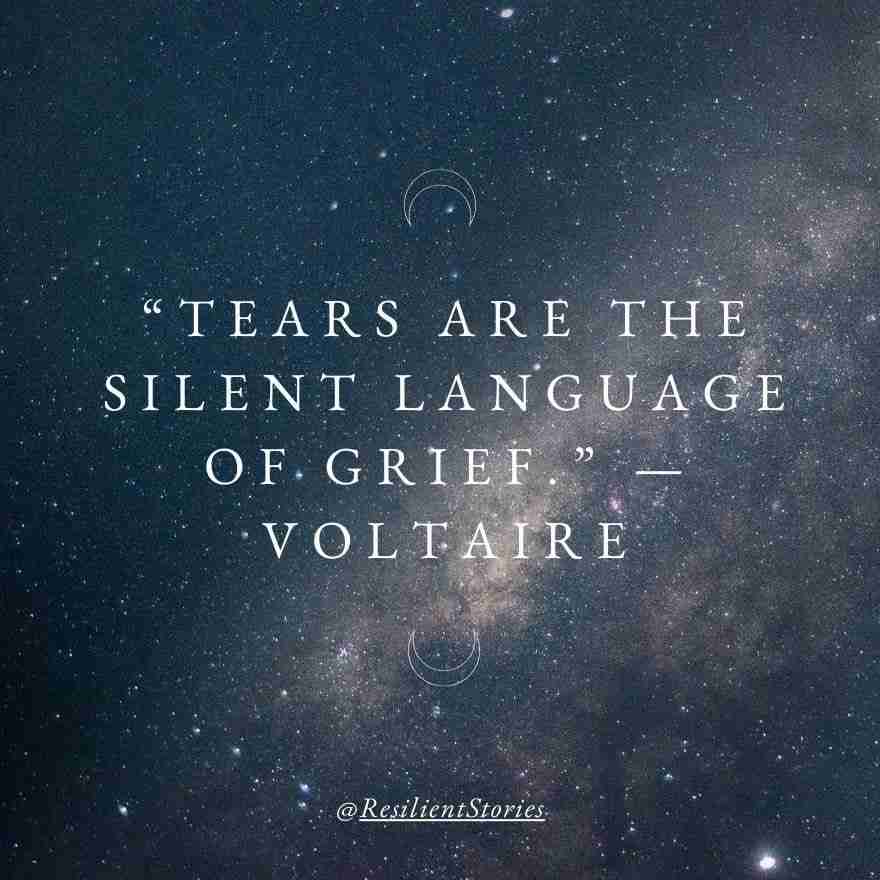
In the early stages of grief, shock can be predominant; I tend to dissociate to some extent. Dissociation and denial can help people weather the shock. Our brains are used to seeing the person and struggle to make sense of them not being there.
Routines can feel off, and we may keep reaching for the phone or turning to say something to them out of habit. It can take a while for the loss to sink in and longer to rewire our brains.
At the funeral, he didn’t look like my cousin. My cousin was full of life and laughter. I kept telling myself it wasn’t real.
Denial Protected Me From the Pain of This Loss
Denial doesn’t mean I pretend he’s alive. It means I see a meme he’d love, screenshot it, and then remember I can’t send it to him. It’s thinking of a funny story I want to share with him, then remembering he crossed over.
Denial lurks in the small, everyday moments that he cannot experience anymore, in the space between automatically thinking of him and remembering he’s gone.
Anger and guilt weave themselves through other stages. I couldn’t prevent his death. I’m the older cousin. By all rights, I should have gone first. I sometimes feel guilty that I am alive and he isn’t.
Then Came the Ebb and Flow of Other Feelings and Emotions
The bargaining stage shows itself in the “what ifs” that circle one’s mind.
What if someone had been with him at that time? What if we had made plans to visit sooner? What if I had listened to my intuition? What if…
Depression hit quickly. I didn’t want to do anything, and everything required too much energy. Interrupted sleep, nightmares, and insomnia are common experiences, along with no appetite. Again, all of these come in waves and go back and forth like a scribble.
Acceptance can be elusive at first. I have moments where I acknowledge he has passed and others where it still feels unreal. I think of this more as awareness than acceptance, as I think it’s unacceptable that he’s gone.
Finding meaning is the sixth stage of grief, according to David Kessler. In this stage, the grieving person finds ways to honor the lost loved one.
They look at what they can carry forward in their lives that they learned from the person they lost and how to honor their memory. It’s a way of coping and integrating the loss into their life, no matter the relationship to the deceased person.
Purpose and gratitude can move us forward.
Understanding Feelings Beyond the Five Stages of Grief
Bereavement can bring on depression, anxiety, and other mental health challenges, as well as emotions of guilt, confusion, sadness, anger, frustration, and more. Each of these is a natural response to the loss of a loved one, as is anything one feels.
The grieving process is complicated. It oscillates. Sometimes a grieving person will feel fine one moment, and overwhelmed and heartbroken the next.
Everyone will deal with grief differently, depending on their relationship with the deceased, their mental health, supportive factors, and much more. Grief is as individual as the griever and the loss.
There is no timeline for grieving. One can experience grief at times throughout one’s life, especially as important milestones come up. Bereavement can strike again and feel fresh. Grief can last as long as one loves someone; in other words, I will grieve in various ways throughout my life.
When one is overwhelmed with confusing emotions or other parts of grief, it can help to reach out to family members or close friends for support.
This journey is lonely, and there may always be an ache where the loved one used to be.
Understanding the Loss of a Loved One and Complicated Grief
Not everyone grieves the same way, and not all losses are the same. Some grief can be complicated by other factors, such as anticipatory grief, the manner of death, the push to “not speak ill of the dead,” and more.
Anticipatory grief happens when one knows a loved one will pass, such as when my dad had early onset atypical Alzheimer’s, a terminal illness. We knew of his impending death several days before.
But even when one can spend time with the loved one before death, it still hits hard and is a shock when they pass. With dementia, we lose and grieve our loved ones as they progress during the disease as well as when they pass.
Sudden and violent losses may impact the griever differently than anticipated losses. If the justice system is involved, that may complicate and add to the grief.
When one experiences a major loss, grief can become overwhelming. Extended grief is sometimes called prolonged grief disorder, though that pathologizes one’s grieving process for the death of a significant person.
The diagnosis of this disorder is supposedly based on social norms, which don’t take into account individuality. A significant loss that has altered one’s life in profound ways can require a long time to process.
Exploring Other Types of Grief
Grief is not solely reserved for the loss of a loved one. It also happens with events or circumstances that alter our sense of the world, batter our emotions, challenge our coping skills, and otherwise throw us into the grief process.
Disenfranchised grief refers to types of grief that are minimized by society and/or aren’t publicly acknowledged.
The grieving process for these losses tends to be downplayed, though they may have a major impact on mental health. It’s normal to grieve significant changes in one’s life, as well as changes one knows will happen in the future.
Anticipatory grief is not as well understood or supported by society. Nor is the grief that follows the loss of a beloved pet. Not everyone understands how profoundly heartbreaking it is to lose one’s animal companion.
For example, I felt deep grief when my sweet dog Rusty died last year, and I miss him every day. I will never “get over” his loss because I will always miss my soulmate in puppy form. He got me through the losses of all my grandparents, my dad, and other loved ones.
I will also never “get over” the loss of my dad, grandparents, uncles, aunts, cousin, and other loved ones. They aren’t here for important events or mundane ones. I can and do celebrate their lives and treasure what they taught me, as well as share stories with family members and others.
However, sometimes the pain and sadness of grief hit afresh like the loss is new.
Grief Comes in Waves on Healing Journeys
Another type of grief that tends to be hushed is that which occurs when one works to heal trauma. This grief can arise from a realization of all one has lost, such as one’s innocence, childhood, etc.
Healing from complex trauma may also include grieving what one never had, like justice or support during a difficult time.
Moving often provokes grief, as do discrimination, losing rights, changing jobs, chronic illness, and other events or conditions that feel overwhelming and may go unacknowledged by society.
I’m grieving all of these and more, on top of the the death of a loved one.
Grief about each of these ebbs and flows. Sometimes it feels more painful and prominent than other times.
Disenfranchised grief often lacks the rituals and other social support that often come with the death of a loved one. Thus, the griever may feel more adrift and alone, complicating their grief.
Finding Support: Coping With Your Feelings and Emotions
Grief can be a challenging process to go through, whether it’s the death of a loved one, job loss, terminal illness, and more.
It can be helpful to find support navigating it. Assistance can come in many forms, including professional help, like a grief counselor or support groups run by a mental health professional.
Others seek out support groups run by a church or other religious organization and walk the grief journey with a higher power.
There can be bereavement groups that help with specific types of loss, like the loss of a child, parent, friend, etc. Some find these specific groups help them navigate the pain and emotions better than a general group.
Family and friends can also support one’s journey through the stages of grief and all the accompanying emotions. It can help to talk about mundane matters, share memories, and find ways to laugh and have fun, even in bereavement.
Your Grief Experience Will Be as Unique as Your Relationships
Focusing on other aspects of life can also help one deal with the pain, depression, guilt, anger, and other complicated emotions after a loss.
Additional coping strategies can include spending time in nature, movement, meditation, breathwork, and journaling. Each of these skills helped me deal with the initial waves of grief in the first weeks and even months after a significant loss.
I do yoga, especially yoga nidra, and guided meditations and breathwork through the Insight Timer app. I write unsent letters to the lost loved one, telling them how much I miss them. It’s my way of sharing the anger, depression, guilt, grief, and other emotions that I have about their death.
I let them know that even though the grief can feel overwhelming at times, I am making space for joy. All they taught me spills onto the page, as do feelings of gratitude, love, and joy at their life and legacy. I let them know how I will carry forward the lessons and love into the future.
How I am Honoring Dave While Grieving
Before the start of the new year, I decided to visit somewhere new to me nearly every week. Dave and I were going to explore some of those places together.
In his honor, when I visit one of the new places that he and I planned to travel to, I will purchase something he collected.
He loved collecting painted silhouettes of historic buildings, ornaments, and more items from places he visited. I’m focusing on the silhouettes. If a place doesn’t have any, I’ll look for ornaments.
I will visit as many places as I can that we had planned to explore together. I can honor him and all the fun we had by doing so.
I can also share stories, write about him, and otherwise treasure the times we had together.
His life was cut far too short. I will live mine as best I can to honor him, which means continuing to explore historic sites, learn hidden histories, go on ghost tours and otherwise visit haunted places, keep Christmas traditions, and more.
I didn’t learn watercolor in time to be able to do paintings of his favorite historic buildings to give him. But I will learn and create the paintings in his memory.
His spirit lives on, just in a different form.
I love you more, Cousin Davey. Until we meet again.

How do you honor loved ones who’ve passed? Is there a tradition you’ve adopted or expanded in their honor? Let us know in the comments.

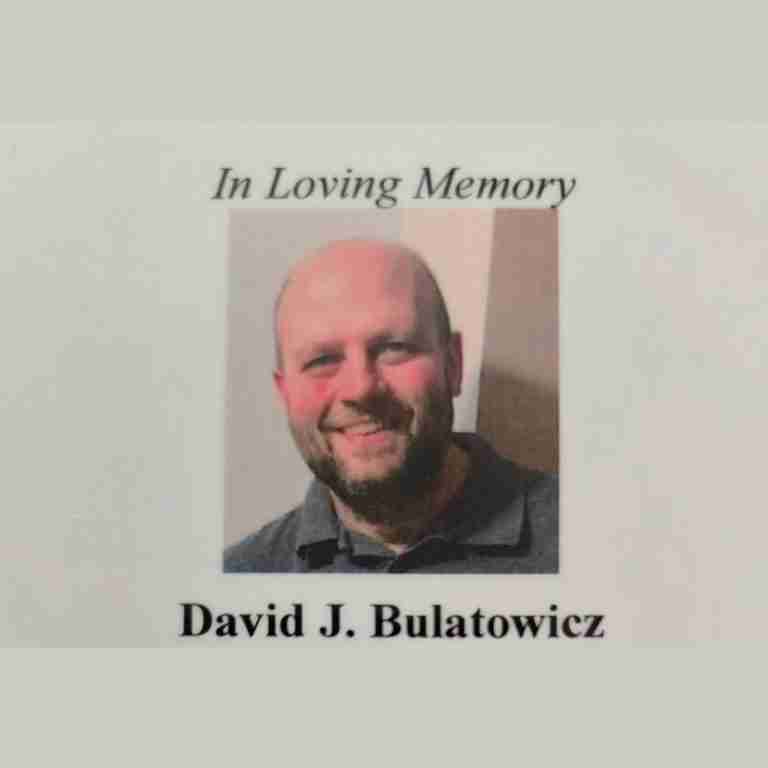
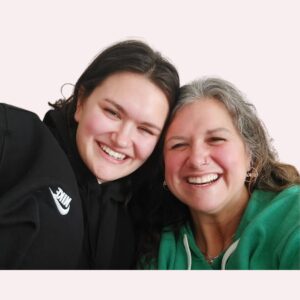
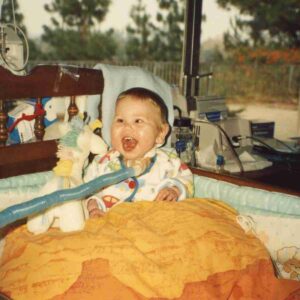


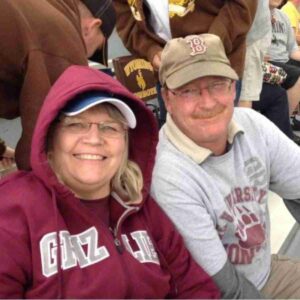
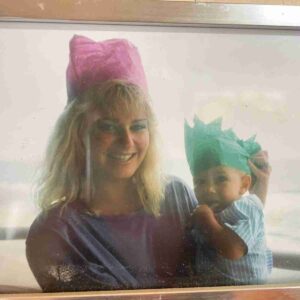


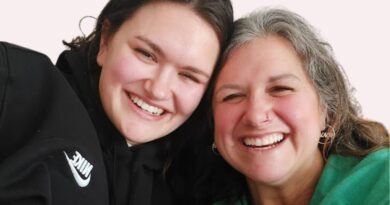

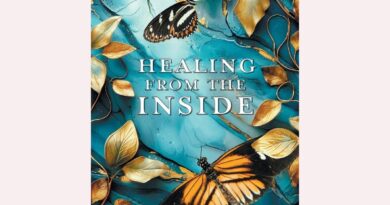
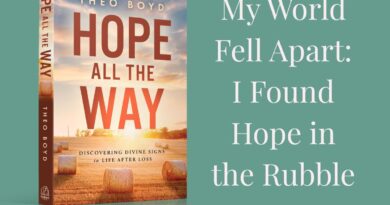
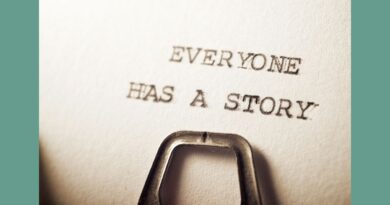










0 Comments